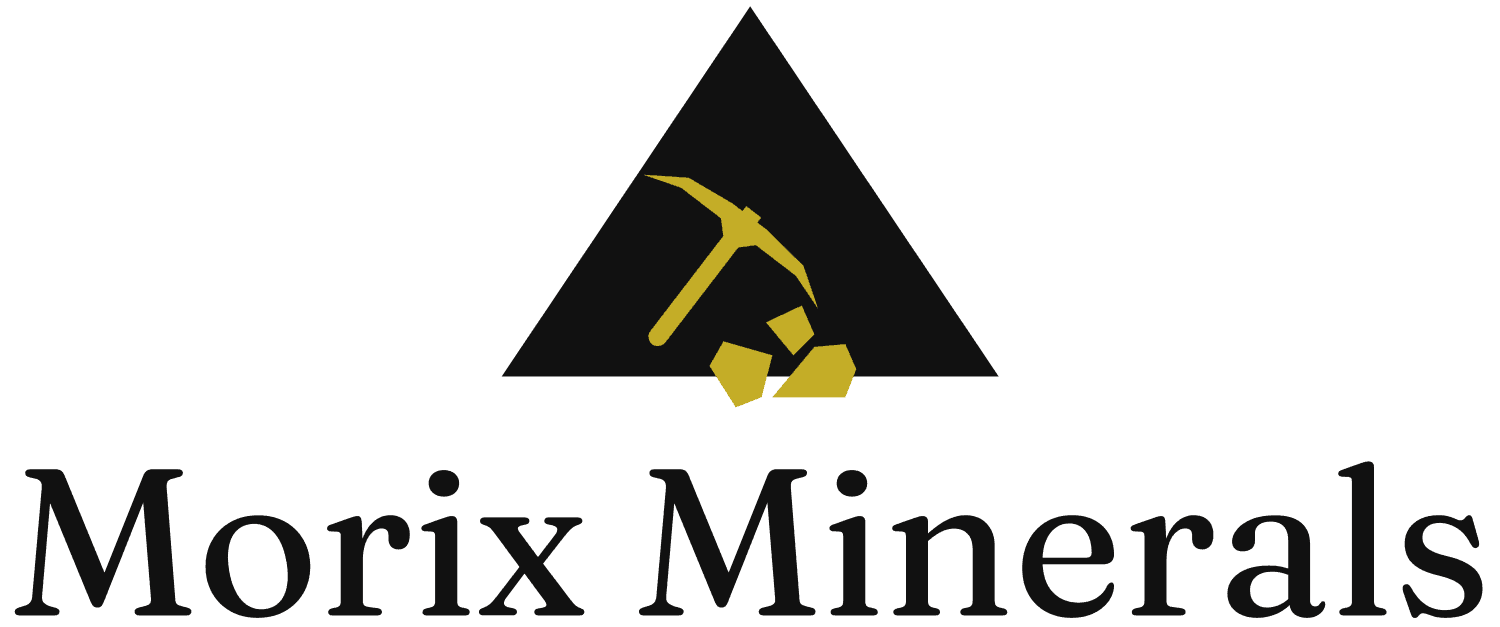Exploring the Economic Impact of Mining in the DRC
Introduction to Mining in the DRC
Mining is a cornerstone of the Democratic Republic of Congo's (DRC) economy, contributing significantly to its GDP and providing employment opportunities to millions. The country is rich in natural resources, particularly minerals such as cobalt, copper, diamonds, and gold. These resources have positioned the DRC as a key player in the global mining industry.
Despite its wealth in resources, the DRC has faced challenges in leveraging mining for sustainable economic growth. Understanding the economic impact of mining in this region requires an exploration of both its benefits and the challenges it presents.

The Economic Benefits of Mining
The mining sector in the DRC plays a critical role in driving economic growth. It contributes approximately 25% of the country's GDP and accounts for over 90% of its export revenue. This influx of foreign currency is vital for the country's economic stability and growth.
Additionally, mining creates numerous job opportunities. The sector employs hundreds of thousands directly and indirectly supports millions more through related industries. This employment is essential for improving living standards and reducing poverty in the region.

Investment and Infrastructure Development
Mining has also spurred investment in infrastructure development. The industry requires robust transportation networks to move minerals from extraction sites to export hubs. Consequently, investments have been made in roads, railways, and ports, which benefit not only the mining sector but also other industries and local communities.
Furthermore, foreign investments in mining bring technology transfer and skill development, enhancing the local workforce's capabilities. This improvement in human capital can have long-term positive effects on the country's economic prospects.
Challenges Facing the Mining Sector
Despite its economic advantages, the mining industry in the DRC faces significant challenges. One major issue is the prevalence of informal and artisanal mining. These small-scale operations often operate outside legal frameworks, leading to safety concerns, environmental degradation, and loss of government revenue.

Corruption and political instability also pose substantial barriers. They can deter foreign investment and create an unpredictable business environment, affecting both local and international stakeholders involved in the mining sector.
Environmental and Social Concerns
Environmental concerns are another critical issue. Mining activities can result in deforestation, water pollution, and habitat destruction, which have adverse effects on biodiversity and local communities' health. Addressing these issues requires stringent regulations and responsible mining practices.
Socially, there are concerns about human rights abuses within the mining industry, including child labor and poor working conditions. Efforts are needed to ensure ethical practices that protect workers' rights and promote community well-being.

The Path Forward
To maximize the economic benefits of mining while mitigating its challenges, the DRC must implement effective governance and regulatory frameworks. Strengthening institutions to combat corruption and enhance transparency is essential for creating a conducive environment for investment and sustainable development.
Moreover, collaboration between the government, private sector, and international organizations can lead to improved mining practices. By focusing on sustainable development goals, the DRC can harness its mineral wealth to promote long-term economic growth and social progress.
In conclusion, while the mining industry holds immense potential for the DRC's economy, it must be managed responsibly to ensure that its benefits are equitably distributed and its challenges are addressed effectively.
